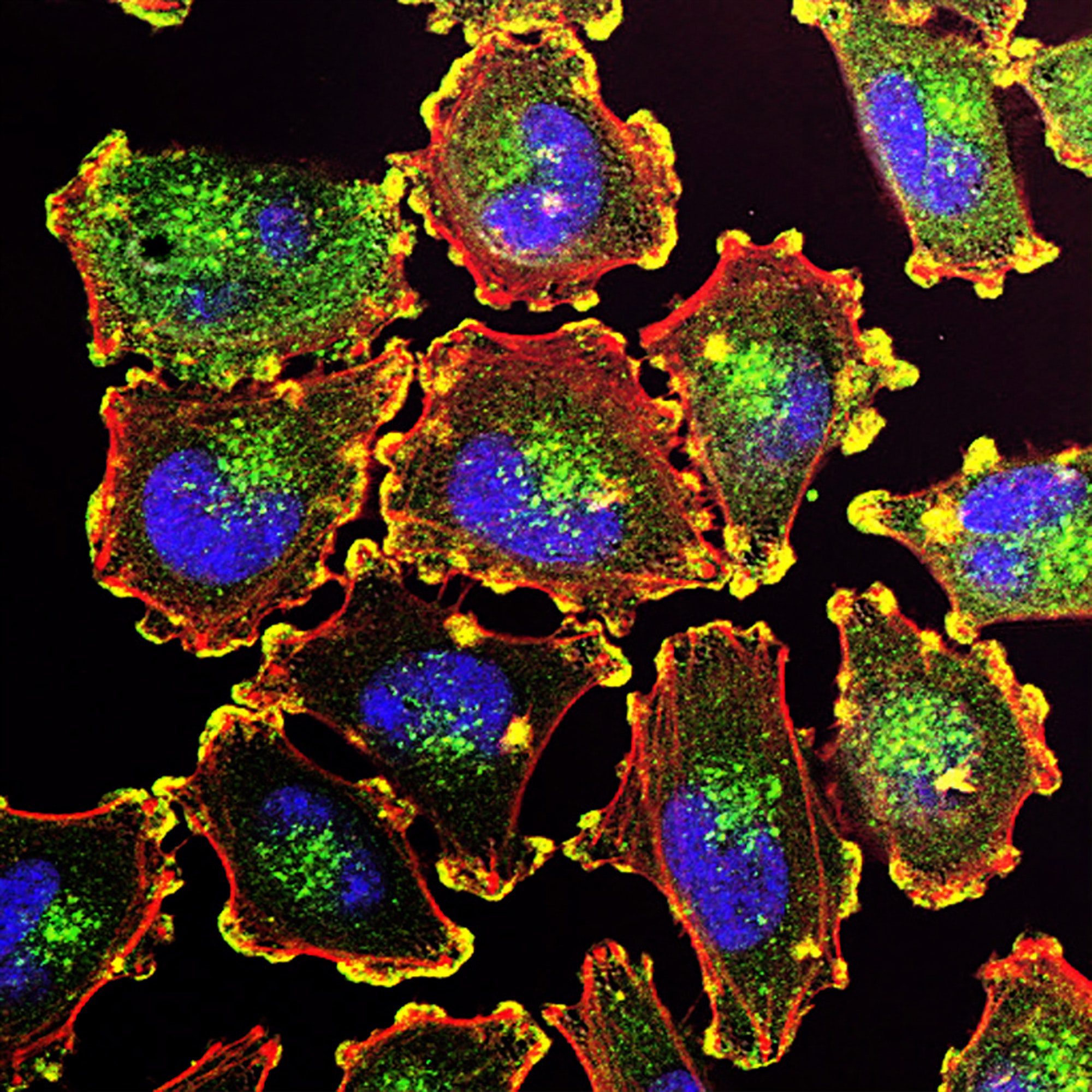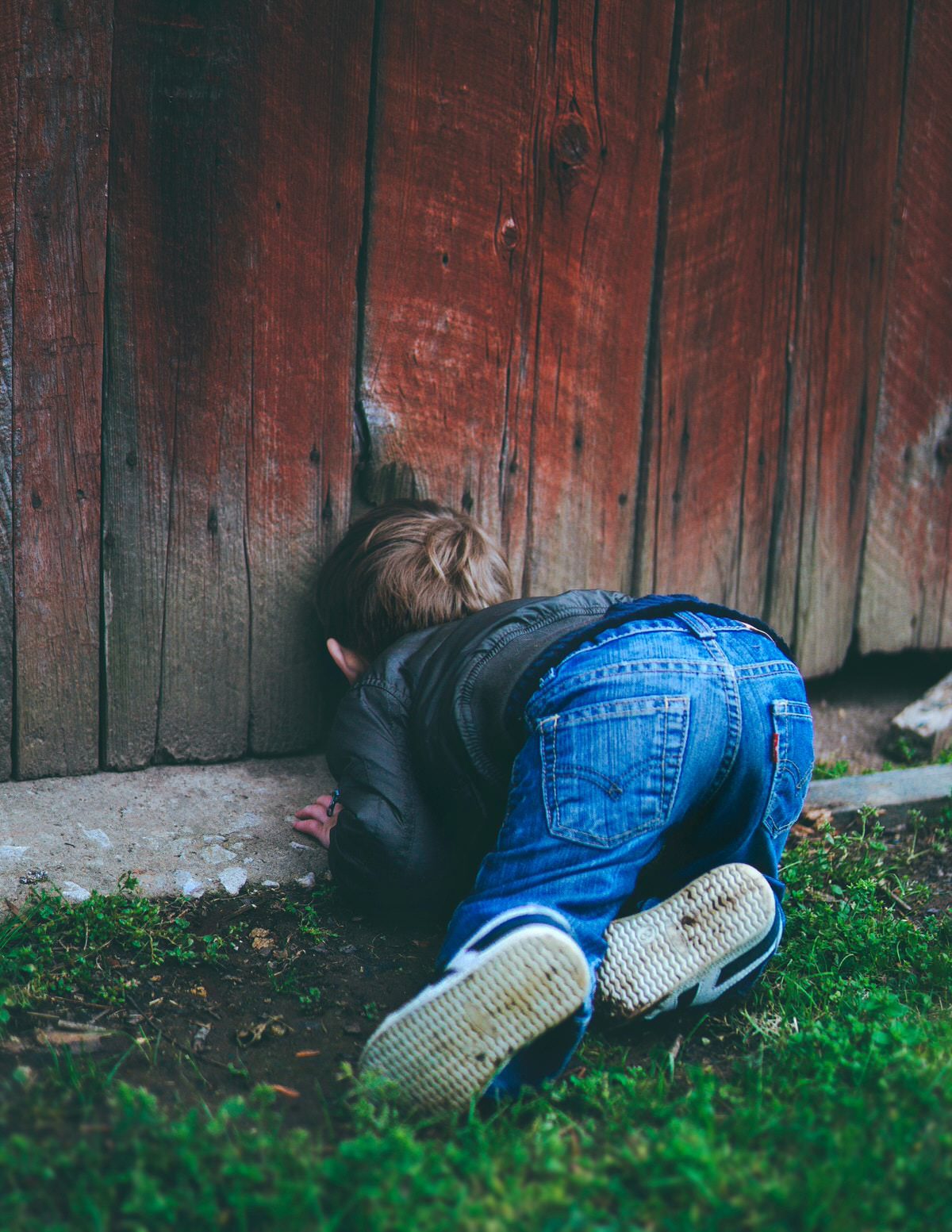Every year, school pupils are given permission to swap their school uniforms for jeans in order to raise funds for children with genetic disorders. But what are genes, what causes a genetic disorder and how do they affect people? Former primary school teacher Becky Cranham of education resource experts PlanBee has the answers
What are genes and what do they do?
Our bodies are made up of billions of cells that are so tiny that you can only see them under a powerful microscope. Inside these cells are tiny structures called chromosomes (kro-mo-zomes) and inside each chromosome is a single molecule of DNA. This DNA contains our genes.
Genes carry the information that determine what we look like and how our bodies work. They act like an instruction book for your body. For example, your genes will determine what colour eyes you have, whether you have freckles or not, whether you are tone deaf or a good singer, or whether or not you will go bald when you’re older.
Our genes are passed down from our parents; everyone gets half of their genes from their mother and half from their father. This is why you might look a lot like one of your parents, or why you might share traits with them.
What is a genetic disorder?
Genes are responsible for making proteins within our cells. Each of these proteins has a different function in our bodies, such as making our earlobes, ensuring we grow properly or making sure a particular part of our body stays healthy. But sometimes there is a change, or mutation in our genes which means that the genes don’t act as they should and this causes a genetic disorder.
Genetic disorders can cause both physical and mental problems, ranging from very minor symptoms to severe mental and physical disabilities. Genetic disorders are not caused by anything the parents do, or the person themselves does. They are just something that happens sometimes. They can be apparent from birth but they can also be diagnosed as a child gets older, or even into adulthood.
Examples of genetic disorders?
- Down’s syndrome: causes specific facial and physical features, and usually mild to moderate learning disabilities.
- Cystic fibrosis: sticky mucus builds up in the lungs, which causes lung infections and digestion problems.
- Cockayne syndrome: causes an unusually small head size, slow and limited growth, and delayed development.
- Noonan syndrome: prevents normal development in an area of the body, such as abnormal facial features, short stature, heart defects or other physical problems. Noonan syndrome can affect people in lots of different ways.
- Rett syndrome: affects brain development, leading to severe mental and physical disability.
- Muscular dystrophy: gets worse over time and causes muscles to weaken, leading to increased levels of disability.
Did you know…?
Although genetic disorders in children are very rare, they are the biggest killer of children under the age of 14.
What do geneticists do?
Geneticists are scientists who study genes and heredity (the passing on of physical and mental characteristics from one generation to the next). There are many different types of geneticists. Some study genes in animals or crops, while others study human genes.
Some geneticists work specifically to find out about genetic disorders and to develop treatments. A lot of a geneticist’s work is about research. They spend a long time studying genes, exploring how they behave and working out ways to modify traits, or even generate new traits using chemicals, so that people with genetic disorders can live longer, healthier and happier lives.
Jeans for Genes Week
Living with a genetic disorder can be extremely challenging. The Jeans for Genes charity funds projects that support families living with genetic disorders, such as paying for residential retreats, nursing care or fun activities that children with genetic disorders can enjoy.
How can I raise money for Jeans for Genes Week?
Those taking part in Jeans for Genes Week take part by paying £2 in order to wear their jeans to school or work, instead of their usual clothes. There are other ways to raise money, too, including bake sales, quizzes, sponsored walks, or anything else you can think of to raise money! Download a fundraising pack toolkit for free for further ideas and resources.
To find out more, visit the Jeans for Genes website.
And you can download fabulous PlanBee FREE resources about genes for primary school at https://planbee.com/collections/free-teaching-resources/products/design-your-own-jeans-for-genes-week
Help keep news FREE for our readers
Supporting your local community newspaper/online news outlet is crucial now more than ever. If you believe in independent journalism, then consider making a valuable contribution by making a one-time or monthly donation. We operate in rural areas where providing unbiased news can be challenging. Read More About Supporting The West Wales Chronicle



























